
Alixorexton, an oral investigational selective orexin 2 receptor agonist, is currently in development for the treatment of narcolepsy type 1 and type 2, and idiopathic hypersomnia.

Alixorexton, an oral investigational selective orexin 2 receptor agonist, is currently in development for the treatment of narcolepsy type 1 and type 2, and idiopathic hypersomnia.
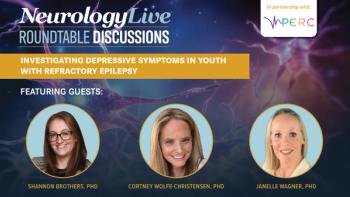
Pediatric specialists stressed that the future of epilepsy care may involve embedding behavioral health clinicians in specialty clinics to identify and treat depression early, improve quality of life, and potentially reduce seizure burden. [WATCH TIME: 3 MINUTES]

Mind Moments®, a podcast from NeurologyLive®, brings you an exclusive interview with Benjamin Tolchin, MD, MS, FAAN. [LISTEN TIME: 23 minutes]

AskBio noted that AB-1009 also recently received fast track and orphan drug designations from the FDA.

The professor of geriatrics and gerontology at the University of Wisconsin shared insights on prescribing the autoinjector formulation of lecanemab for patients living with Alzheimer disease. [WATCH TIME: 5 minutes]

A phase 2a trial showed that NLX-112 was safe and well tolerated in patients with Parkinson disease, while also reducing levodopa-induced dyskinesia and motor symptoms, supporting further clinical development.
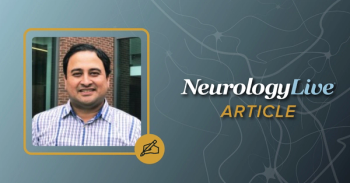
A Phase 1 study in healthy lactating women found that a single 10‑mg dose of zavegepant nasal spray was generally safe, well tolerated, and resulted in minimal infant exposure through breast milk.

The senior director at the Banner Alzheimer's Institute talked about findings from the ancillary analyses of the US POINTER Study and the importance of strong recruitment efforts. [WATCH TIME: 5 minutes]

IntraBio reported that levacetylleucine showed symptom improvement in the phase 3 IB1001-303 study for ataxia-telangiectasia, and it intends to proceed with regulatory submissions in multiple regions.

The chief medical officer at the Parkinson’s Foundation detailed how mood and behavioral symptoms shape quality of life in Parkinson disease and how clinicians can better identify and manage them.

A five-year analysis from the National RLS Opioid Registry found that most patients with dopamine agonist augmented restless legs syndrome maintained stable, low-dose opioid therapy with sustained symptom control.

The head of search and evaluation at the Alzheimer's Drug Discovery Foundation discussed the evolving role of biomarkers for diagnosis and the progress of targeted therapies in Alzheimer disease. [WATCH TIME: 5 minutes]

The FDA requested the full data from the phase 3 HOPE-3 study as part of its review of the biologics license application for deramiocel, which Capricor plans to submit in February 2026.

The chief operating officer at Linus Health talked about how brief, digitally administered cognitive assessments enable scalable, earlier identification of cognitive impairment. [WATCH TIME: 4 minutes]

Early initiation of opicapone significantly reduces OFF time and enhances ON time in patients with recently diagnosed Parkinson's disease, improving overall treatment outcomes.

A recent phase 2b study reveals mesdopetam's potential in reducing dyskinesia severity in Parkinson disease, despite no significant ON time improvement.

Pediatrics specialists discussed approaches to assessing depressive symptoms that may overlook key risk factors, highlighting the need for improved self-report measures, developmentally appropriate tools, and more precise symptom characterization. [WATCH TIME: 3 MINUTES]
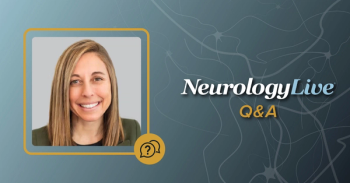
Stephanie Fradette, PharmD, head of neuromuscular development at Biogen, gave immediate reaction to the EC approval of high-dose nusinersen and its implications for evolving SMA treatment strategies.

The director at the National Center of Neurology and Psychiatry discussed how biomarker-driven diagnostics and antibody therapies targeting amyloid pathology may be reshaping Alzheimer disease management. [WATCH TIME: 4 minutes]

Here's some of what is coming soon to NeurologyLive® this week.

Pediatrics specialists discussed key methodological limitations of a recently published study, including variability across sites, reliance on caregiver-report measures, and the lack of developmentally appropriate tools for assessing depression in youth with intellectual disabilities. [WATCH TIME: 4 MINUTES]

Test your neurology knowledge with NeurologyLive®'s weekly quiz series, featuring questions on a variety of clinical and historical neurology topics. This week's topic is on the International Stroke Conference (ISC)!
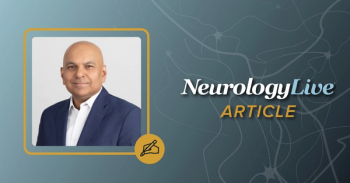
Coya Therapeutics reveals promising results for COYA 302, a potential treatment for frontotemporal dementia, showing cognitive stability and Treg enhancement.

Pediatric specialists reflected on the challenges and gaps in assessing depressive and anxiety symptoms among youth with epilepsy, emphasizing that patients with lower IQs are often excluded from research and clinical screening. [WATCH TIME: 3 MINUTES]
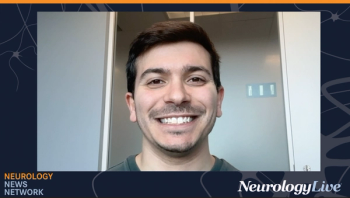
Neurology News Network for the week ending January 17, 2025. [WATCH TIME: 4 minutes]
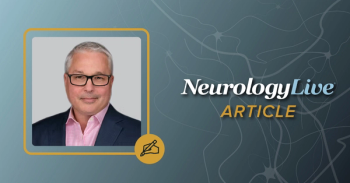
The therapy also received orphan drug designation from the FDA.

Take 5 minutes to catch up on NeurologyLive®'s highlights from the week ending January 16, 2026.
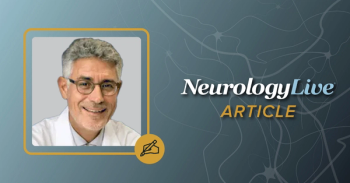
Use of immediate-release amantadine as an add-on to levodopa reduced peak-dose dyskinesia incidence in patients with early Parkinson disease, according to results from the phase 2 PREMANDYSK trial.

Pediatric specialists reflected on the goal and findings of the study, describing the elevated prevalence of depressive symptoms among youth with epilepsy and highlighting temporal lobe epilepsy as a particularly high-risk subgroup. [WATCH TIME: 2 MINUTES]

At CTAD 2025, the director of Banner Alzheimer’s Institute discussed emerging epidemiologic and translational evidence suggesting that certain vaccines may confer protection against dementia. [WATCH TIME: 6 minutes]